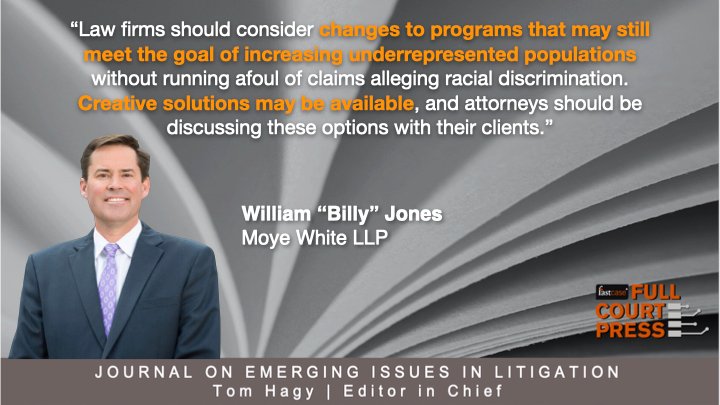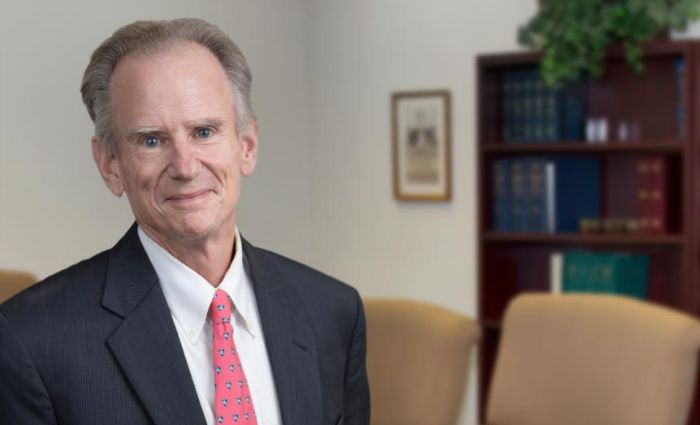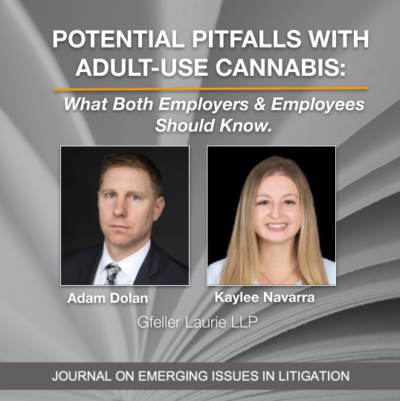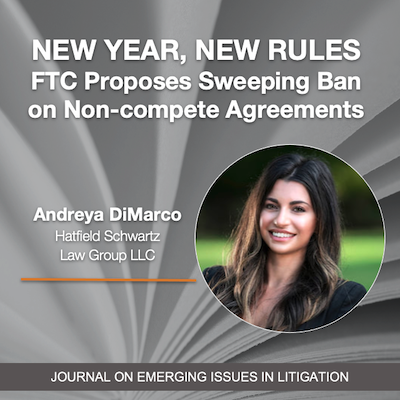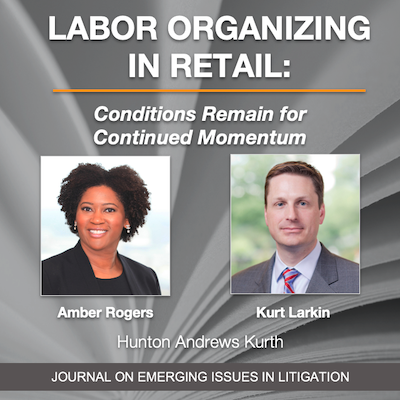DEI Programs as a Source of Liability for Law Firms and Other Businesses
Two recent cases against international law firms point to an emerging trend in litigation that could have wide-spread implications for diversity, equity, and inclusion (DEI) programs. The author, William "Billy" Jones examines these recent cases filed against the law firms for their DEI fellowships and the potential impacts for law firms and other private businesses.


